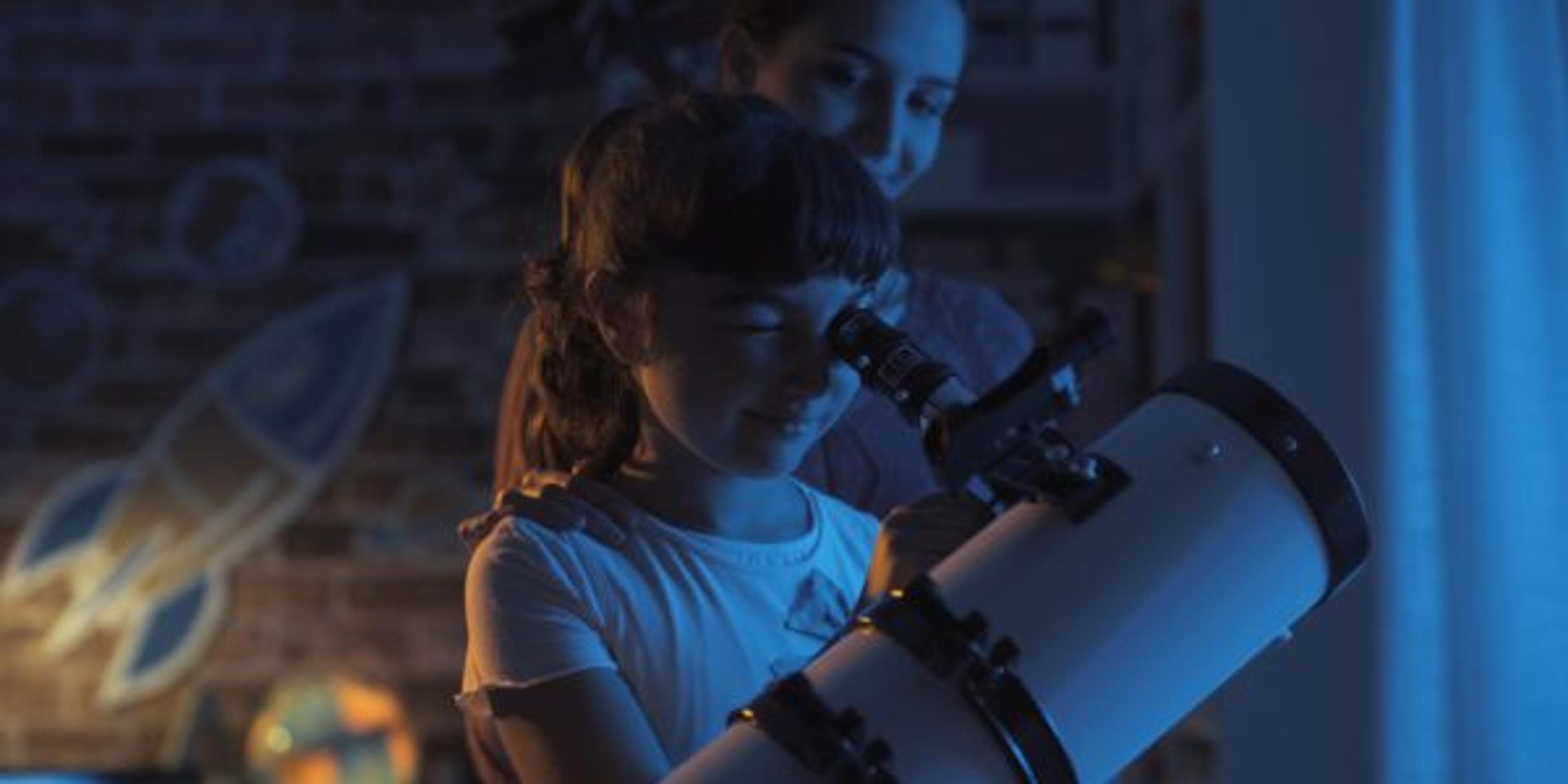Meteor Showers to Watch for in November
Shandra Martinez
| 3 min read

While the sun is setting earlier as we head toward winter and into the holiday season, the dark skies are a bonus when there are meteor showers in the forecast. The month of November typically has a few meteor showers on the calendar. Some are known to be brighter or produce more meteors than others. But the nice thing about any meteor shower popping up in November is that the month is typically a great time to do some skywatching. Nights are typically crisp but not yet snowy. The cooler temperatures mean you’re reaching for a sweatshirt or light jacket, but it’s still comfortable enough to sit around a backyard bonfire or recline on your deck or back porch and watch for shooting stars.
What are meteor showers?
People have long been fascinated by meteor showers. In simple terms, they happen when the Earth, in its orbit around the sun, passes through space debris – rock, dirt and dust – left by an orbiting comet. When these pieces of space debris and rock enter our planet’s atmosphere, they get really hot, according to NASA. What we see as a shooting star is actually the glowing hot air surrounding these cosmic particles. Because the Earth is in a predictable orbit, our planet crosses paths with these debris trails at set times each year. The meteor showers are sometimes named after the zodiacal constellations that match the part of the sky they seem to radiate from.
Meteor showers in November. There are a few meteor displays on the calendar for November. Some are big and showy with the chance for bright fireball-type meteors. Others are sparse and fleeting. Let’s look at the ones we can expect to see, according to EarthSky.
The Leonids
Duration: Nov. 3 to Dec. 2
Peak window: Nov. 17 and 18
Known for: Up to 15 meteors an hour are expected in average years. However, this meteor shower has been known to produce fast-paced meteor storms during some years. While it’s named after the constellation Leo the lion, meteors from this event can be seen anywhere across the sky, as can most meteor showers.
The Orionids
Duration: Sept. 26 to Nov. 22
Peak window: Mid-October
Known for: While the peak window for the Orionids has passed once the calendar reaches November, it’s still possible to see them streaking across the sky. This meteor shower is usually long, lasting until Thanksgiving week. The Orionids, named after Orion the hunter, can be seen at a rate of 10 to 20 an hour during average years. But they’re also known for producing bright fireballs – an exciting thing to see.
The Taurids
Duration: Sept. 23 to Dec. 2
Peak window: The Southern Taurids peak Nov. 4 and 5. The Northern Taurids peak on Nov. 12 and 13.
Known for: These are actually two meteor showers in one, named after Taurus the bull. The Southern and Northern Taurids have separate peak times for meteor displays. While they typically produce only a handful of meteors each hour, NASA scientists have described them as big, slow-moving meteors which make up for their spareness by often producing bright fireballs that can be a treat for skywatchers, according to Space.com. Because of their timing, they are also the meteor showers most closely associated with Halloween.
Related:
Photo credit: Getty Images





